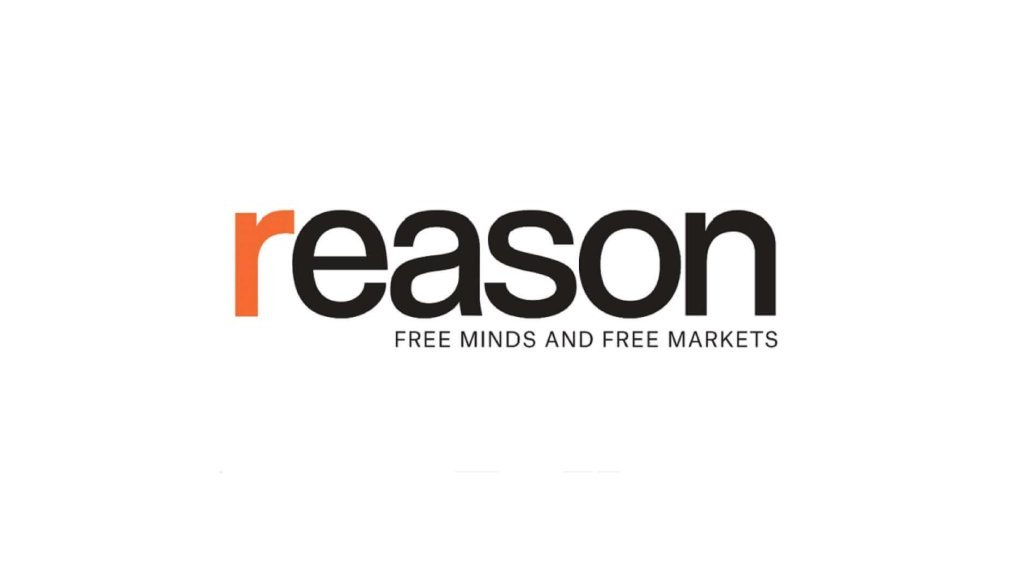The 5 Worst Things About the Consumer Financial Protection Bureau
This past week the acting director of the Consumer Financial Protection Bureau (CFPB) stopped operations and halted funding to the agency. Born out of the Dodd-Frank Wall Street Reform and Consumer Protection Act of 2010, the CFPB is the government’s youngest agency. In its short life, it has been reckless with taxpayer dollars while enjoying gratuitous positive P.R. When consumers were reeling from the impact of the financial crisis, Congress buried the foundations for this Main Street regulator in the depths of a massive bill, swearing it would protect consumers from the alleged excesses and exploitations of Wall Street. Yet this agency, hailed as the “cop on the beat“ fighting for consumers, has spent much of its short life up to no good. Here are but a few reasons this young agency’s days should be numbered.
1. Unelected Regulator With a Blank Check
The CFPB’s unusual governance structure—made up of a single director (who can initially only be fired for cause) and funding outside the normal congressional appropriations process—has been a lightning rod for controversy. The Democrats who wanted this agency thought it would be a great idea for the CFPB to get its funding from the Federal Reserve’s earnings (up to a cap) instead of annual appropriations from Congress, all while its director couldn’t be fired by the president. The irony is rich. Many of the same legislators who are complaining loudly right now about the lack of congressional oversight over the Department of Government Efficiency designed the CFPB to be insulated from congressional oversight and democratic accountability. And indeed, its aggressive agenda is evidence that the unaccountable structure enables the CFPB to pursue far-reaching policies that can burden businesses and the economy at large.
Additionally, with the Federal Reserve now running losses instead of profits (over $220 billion in losses as of February 2025)—and thus no net earnings to remit—there are technically no “earnings” for the CFPB to draw on. In other words, the CFPB is effectively drawing funds that ultimately add to the Fed’s losses (and future taxpayer burden) while Congress remains sidelined.
2. A Duplicative Mission
It’s not as if financial fraud was legal before the CFPB swooped in to save the day. There were already plenty of agencies “policing” financial misconduct. The Securities and Exchange Commission, for example, has long been responsible for protecting investors, big and small, from fraud. The Federal Reserve has a security function. Then there is the Federal Deposit Insurance Corporation, which supervises financial institutions to prevent reckless banking practices. The Commodity Futures Trading Commission oversees the futures, options, and swaps markets; it’s supposed to make sure that trading in commodities like oil, wheat, gold, and financial derivatives isn’t rigged by bad actors or overly destabilized by excessive speculation. The Federal Housing Administration enforces fair lending practices in the mortgage market, while agencies like the Federal Trade Commission and the Office of the Comptroller of the Cu
Article from Reason.com

The Reason Magazine website is a go-to destination for libertarians seeking cogent analysis, investigative reporting, and thought-provoking commentary. Championing the principles of individual freedom, limited government, and free markets, the site offers a diverse range of articles, videos, and podcasts that challenge conventional wisdom and advocate for libertarian solutions. Whether you’re interested in politics, culture, or technology, Reason provides a unique lens that prioritizes liberty and rational discourse. It’s an essential resource for those who value critical thinking and nuanced debate in the pursuit of a freer society.




